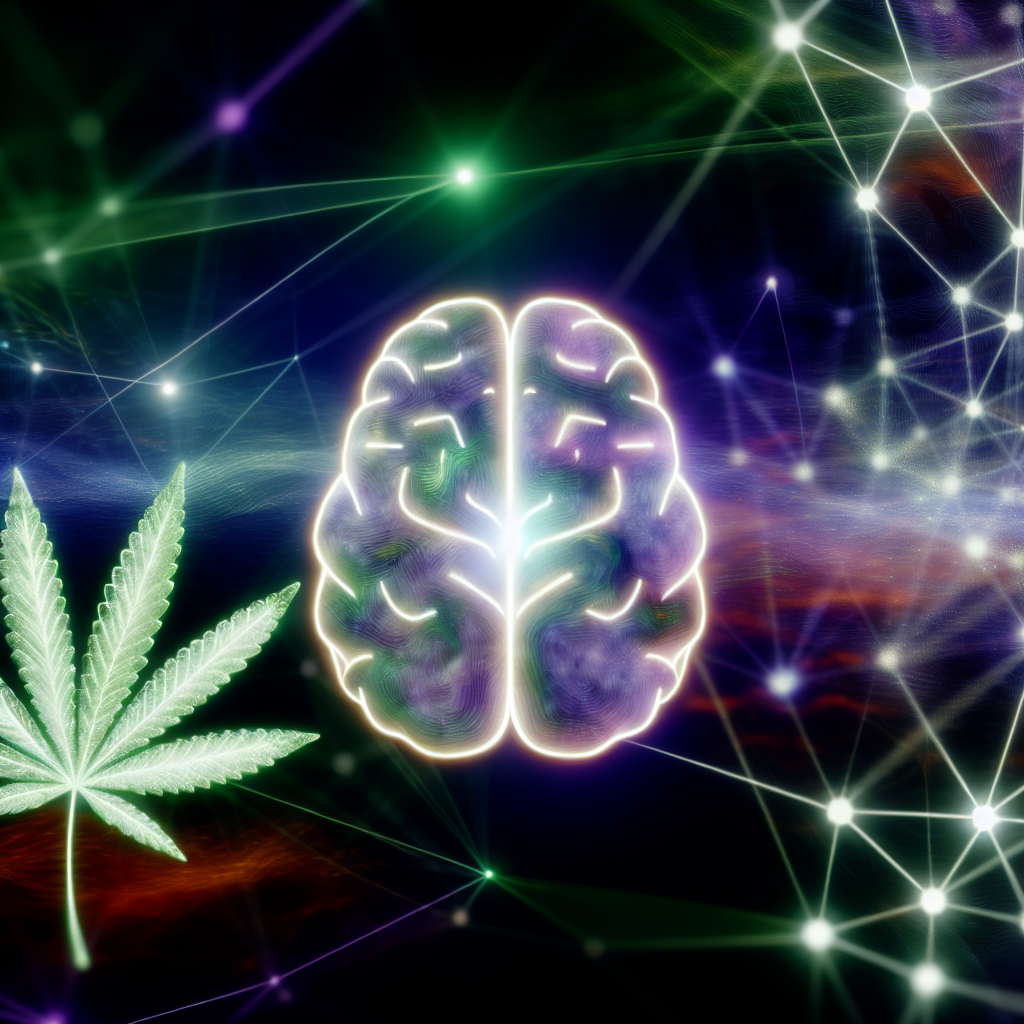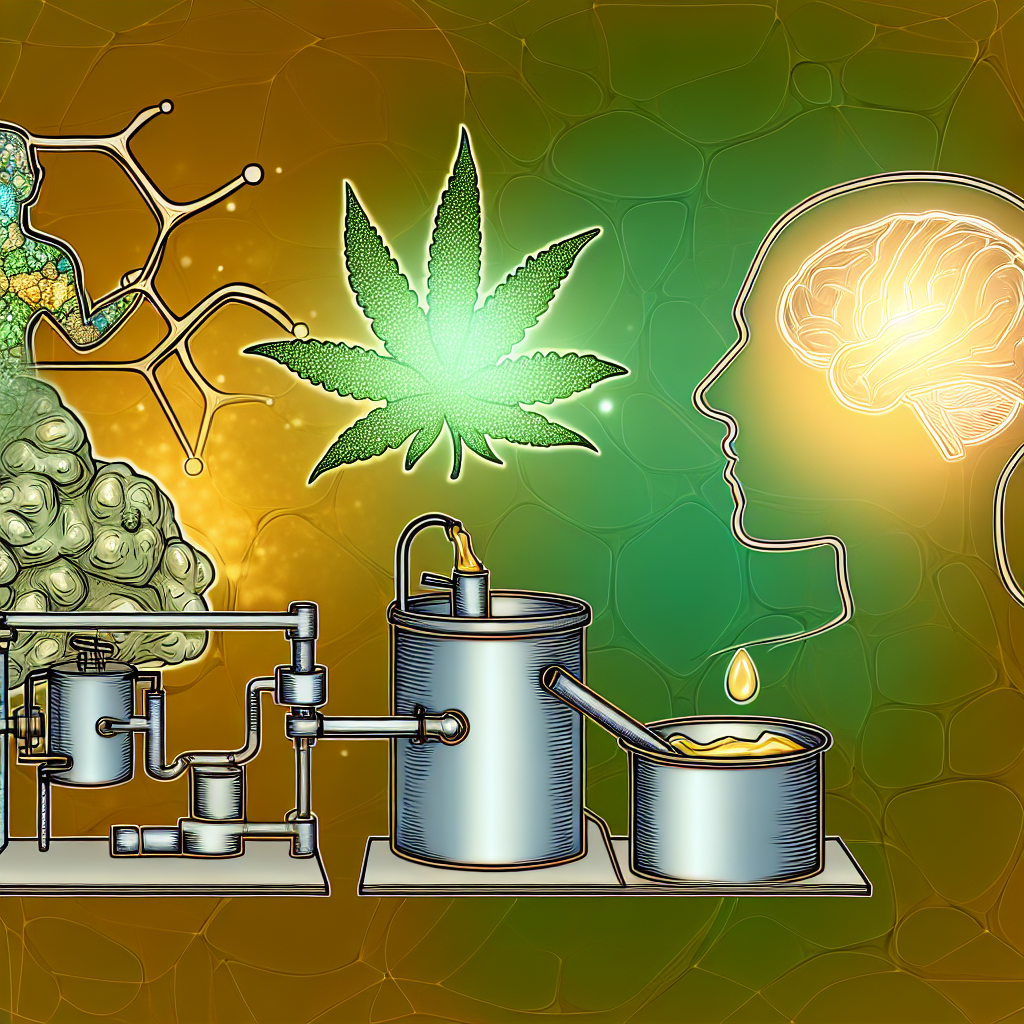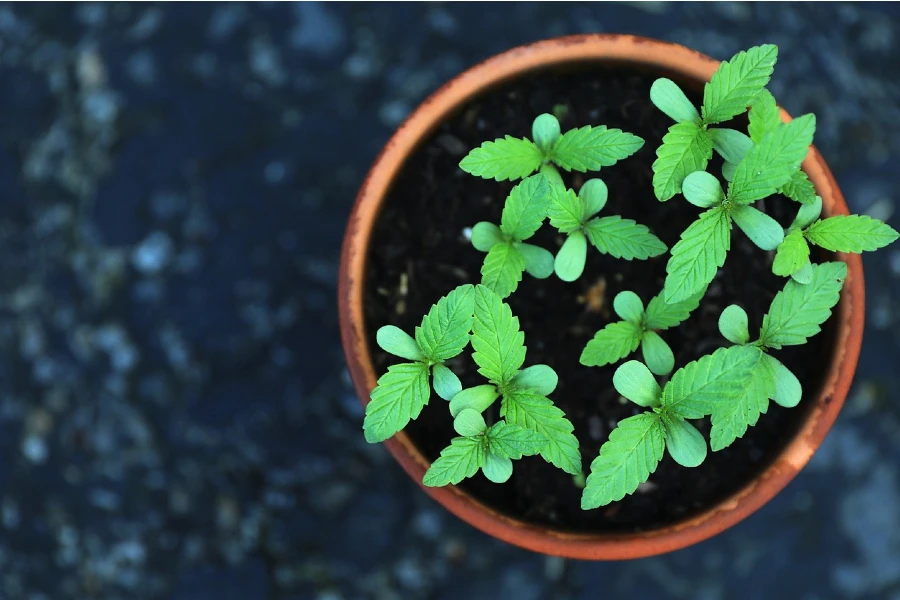Cognitive Enhancement with Cannabis: Memory, Focus, and Brain Health
Introduction
In recent years, the intersection of cannabis and cognitive enhancement has emerged as an intriguing frontier within both scientific research and consumer wellness. Long gone are the days when cannabis was solely stereotyped for recreational use or mind-altering escapism. Today, as the plant becomes embraced within medical, psychological, and even biohacking communities, its potential impact on cognition—specifically memory, focus, and brain health—is being reassessed with a critical and curious eye.
Driving this shift is the evolving understanding of the endocannabinoid system (ECS), a complex biological signaling network that plays a central role in regulating mood, memory, and neural processing. Cannabinoids, the compounds found in cannabis, interact with ECS receptors in ways that can either enhance or impair cognition—depending on factors such as dosage, cannabinoid ratio, strain type, delivery method, and the individual’s neurobiology.
Although THC (tetrahydrocannabinol) has had a long-standing reputation for impairing short-term memory and motivation at high doses, emerging studies suggest that at low to moderate levels, it might offer neuroprotective effects and promote creative flow or hyperfocus. Meanwhile, CBD (cannabidiol) has been widely researched for its potential to combat inflammation, anxiety, and neurodegeneration without inducing intoxication.
The cannabis conversation is also being influenced by a new generation of professionals, from Silicon Valley entrepreneurs to students and creatives, seeking to “tune in” rather than tune out. This nugget of culture has pushed scientists to ask deeper questions: Can cannabis enhance cognitive performance? Could certain cannabinoids help sharpen working memory or mitigate age-related cognitive decline? And most importantly, how can consumers harness these effects responsibly?
While “smart drugs” or nootropics like caffeine, L-theanine, and modafinil dominate the cognitive enhancement space, cannabis is emerging as a natural, plant-based contender in the arena. With sophisticated microdosing techniques, strain-specific applications, and a clearer understanding of cannabinoids and terpenes, cannabis could very well hold the key to personalized cognitive optimization.
In this article, we dissect the latest findings connecting cannabis with brain health, focus, and memory—while also highlighting what consumers and cannabis professionals need to know about using cannabis for cognitive enhancement in a safe and effective manner.
Breakthrough Research: Cannabis and Brain Health
A growing body of scientific research is beginning to investigate how cannabis and its active components impact key cognitive domains. The results are nuanced but promising, especially when it comes to specific cannabinoids in controlled doses.
1. Brain on Cannabis: THC’s Neuroprotective Potential
One of the most exciting areas of study is cannabis‘s potential for protecting the brain against age-related or stress-induced decline. Research published in Nature Medicine in 2017 found that low doses of THC restored cognitive function in aged mice, including improved memory and learning behaviors. The study showed that THC appeared to stimulate the hippocampus—an area of the brain vital for memory processing—and exhibited properties akin to reversing brain aging at the cellular level.
2. CBD for Focus, Calm, and Cognitive Clarity
Another major cannabinoid, CBD, has shown significant efficacy in reducing performance anxiety, which in turn can improve mental clarity and focus. A 2019 double-blind placebo-controlled trial published in The Permanente Journal revealed that CBD reduced anxiety in 79.2% of participants within the first month—a condition strongly linked to impaired cognition.
By easing anxiety, CBD may indirectly enhance executive functioning and task performance.
3. Smarter with Scent: Terpenes and Cognitive Performance
Terpenes, the aromatic compounds in cannabis, do more than deliver flavor—they drive functional outcomes too.
Take pinene, which has been shown to enhance memory retention by inhibiting acetylcholinesterase, the enzyme that degrades acetylcholine (a neurotransmitter tied to memory and learning). Likewise, limonene, known for its citrus aroma, is associated with enhanced focus and mood.
4. Microdosing Magic: Unlock Creativity and Hyperfocus
Microdosing—consuming small, sub-perceptual doses of THC or THC:CBD—has become increasingly popular among creatives, professionals, and biohackers seeking clarity without intoxication.
A University of Chicago study found that a modest 2.5mg dose of THC led to improved mood and focus, while higher doses caused increased distraction and unease.
This reinforces the idea that “less is more” when aiming for functional performance.
5. Balancing the Brain: ECS Modulation for Mental Sharpness
The endocannabinoid system (ECS) regulates everything from neural communication to mood and sleep cycles. Modulating this system—particularly anandamide levels—can improve working memory, attention, and overall mental balance.
Research published in Frontiers in Psychology emphasized the ECS’s role in cognitive flexibility and attentional control, reinforcing cannabis‘s potential for mental optimization when carefully targeted.
Conclusion: Rethinking Cannabis as a Cognitive Ally
The landscape of cannabis and cognitive enhancement is complex but ripe with potential. While more comprehensive human studies are needed, early findings indicate that low to moderate doses of specific cannabinoids—especially when combined with mindful use and terpene synergy—can support memory retention, attention spans, and overall brain health.
As with all cognitive tools, success comes down to personalized strategies and responsible use. Whether you’re a wellness enthusiast wanting more cerebral clarity or a cannabis professional seeking to educate clients, understanding the link between cannabis and cognition may redefine how we use this powerful plant not to escape the mind—but to improve it.
References
– Nature Medicine: “A chronic low dose of Δ9-tetrahydrocannabinol (THC) restores cognitive function in old mice”
– The Permanente Journal: “Cannabidiol in Anxiety and Sleep: A Large Case Series”
– PubMed: “Neuroprotective effect of Pinene”
– University of Chicago THC Study: “Low-dose THC promotes prosocial behavior”
– Frontiers in Psychology: “Neurobiological underpinnings of the endocannabinoid system”
Summary:
This article explores the potential of cannabis and its active compounds, such as THC and CBD, to enhance cognitive performance, memory, focus, and overall brain health. It delves into the latest research, highlighting the neuroprotective effects of low-dose THC, the anxiety-reducing benefits of CBD, and the role of terpenes and the endocannabinoid system in modulating cognition. The article also discusses the rise of microdosing and personalized strategies for using cannabis as a cognitive enhancement tool, while emphasizing the importance of responsible use. The conclusion underscores the complex yet promising landscape of cannabis and cognitive optimization, inviting both wellness enthusiasts and cannabis professionals to rethink this plant as a cognitive ally.




